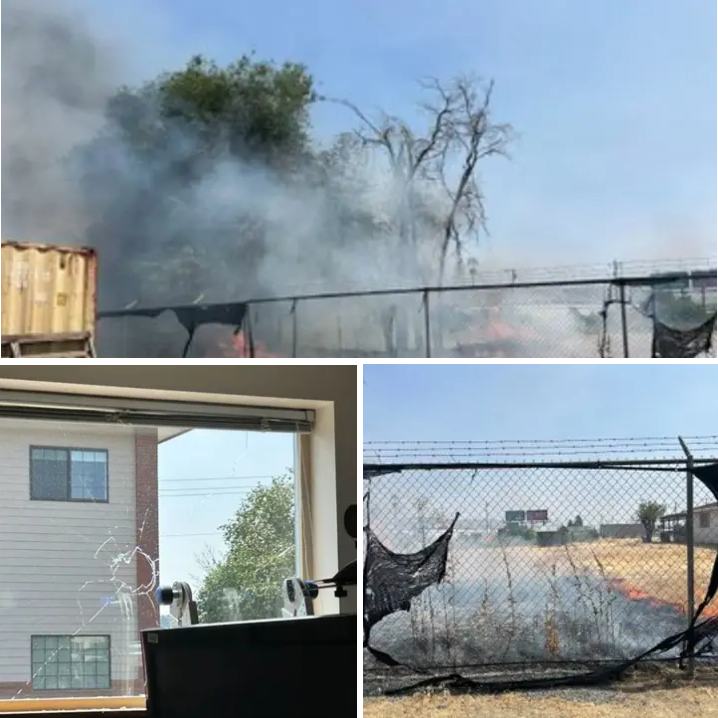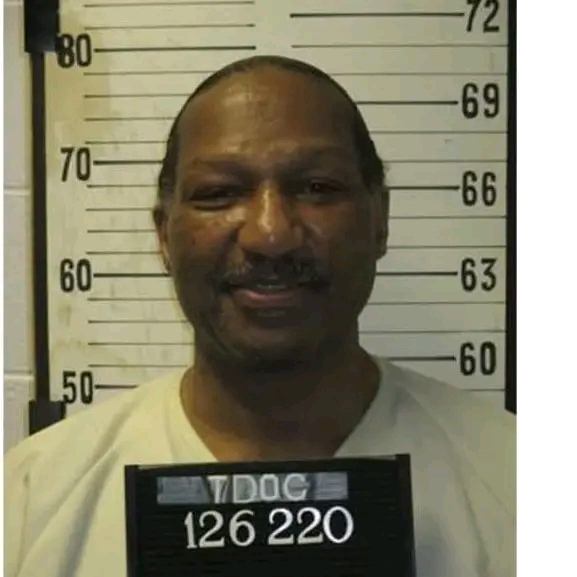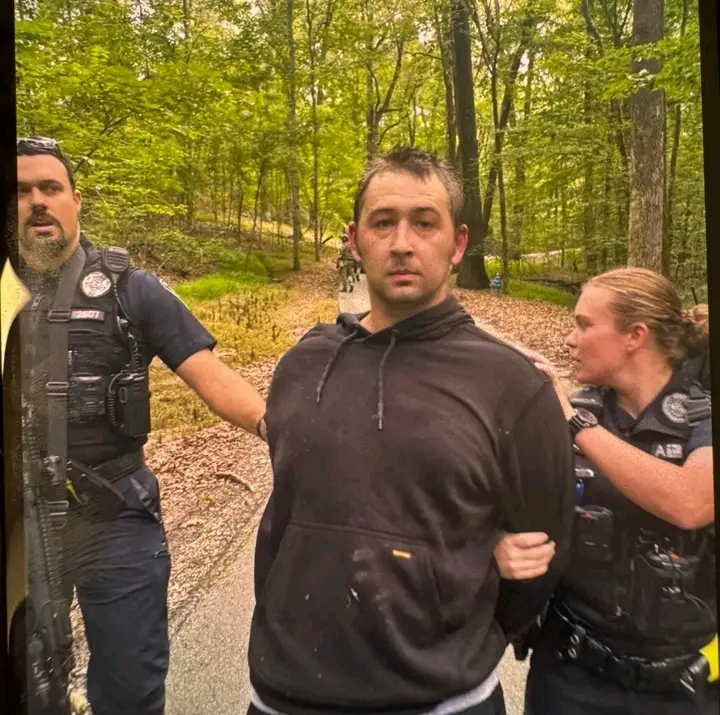In a deeply controversial statement, Sebastian Gorka, President Trump’s senior counterterrorism adviser, equated opposition to the administration’s deportation policies with endorsing criminal activity and terrorism. His remarks were made during a Newsmax interview in which he suggested that those defending constitutional rights — such as due process — were siding with America’s enemies. Gorka’s comments came amid public outcry over the detention and deportation of Kilmar Abrego García, a Maryland resident with no criminal record whom the Trump administration has repeatedly and without evidence linked to gang activity. Critics have called this a dangerous distortion of constitutional protections, pointing out that such rhetoric undermines the foundational legal principles of the United States.
Gorka painted the debate as a moral and patriotic divide, claiming that Trump and his allies stand for national security, while critics of the administration’s immigration enforcement are aligned with “illegal aliens” and “terrorists.” This framing has alarmed legal experts and human rights advocates, who argue that it reduces legitimate concerns about civil liberties to mere partisan attacks. Gorka went so far as to imply that these opponents could be legally prosecuted under federal statutes for “aiding and abetting” terrorists, an assertion that dramatically escalates the administration’s stance against dissent and has potential implications for elected officials, journalists, and everyday citizens alike.
The implications of this rhetoric were further emphasized when Gorka referenced Senator Chris Van Hollen’s diplomatic visit to El Salvador. The senator attempted to intervene on behalf of Abrego García, who is being held in the country’s high-security Terrorism Confinement Center. Gorka dismissed the senator’s actions as potentially criminal, raising the specter of felony charges for what many view as a standard act of congressional oversight. His remarks echoed unfounded claims made earlier by Salvadoran President Nayib Bukele, who, without evidence, labeled García a terrorist. This strategy of using unverified accusations to justify extreme actions is raising alarms across the legal and human rights community.
Journalist Ken Klippenstein, who has closely followed the Trump administration’s evolving stance on counterterrorism, noted that these developments may signal a broader shift in policy. With the administration already having designated various gangs and cartels as foreign terrorist organizations, Klippenstein warned that it would be relatively easy for officials to use these designations to criminalize critics of immigration policy. He highlighted a growing trend in which dissent, particularly against Trump’s hardline policies, is being reframed as a threat to national security. Gorka’s increasing influence compared to his more marginal role in Trump’s first term adds weight to these concerns, as he now plays a central role in crafting counterterrorism strategies.
This growing crackdown on dissent reflects a broader pattern under the Trump administration, one marked by sweeping executive orders, challenges to judicial authority, and aggressive anti-immigrant policies. While some of these initiatives remain stalled in court or face resistance from unions and civil society groups, the administration’s strategy has been to create a climate of chaos and inevitability. Yet, across the country, communities are organizing — sharing information on civil rights, resisting ICE raids, and standing in solidarity with targeted individuals. Despite the overwhelming rhetoric and increasingly authoritarian moves, a growing number of Americans remain committed to defending democratic norms and the rule of law.



